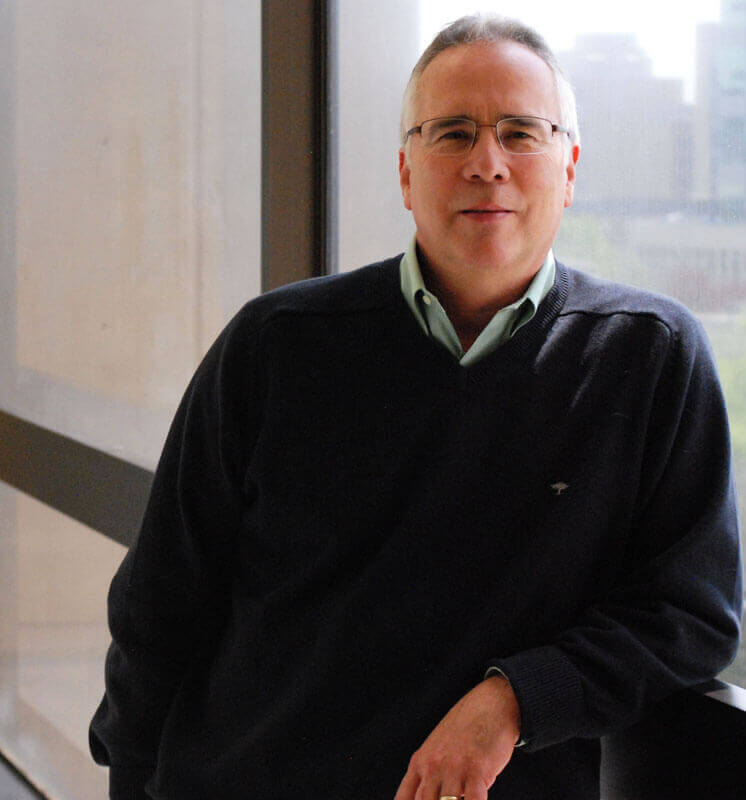Jamie RosenAeras
Jamie Rosen is Manager of Media and Communications at Aeras, a non-profit biotech advancing the development of tuberculosis vaccines for the world.
In this guest post, Jamie Elizabeth Rosen—media & communications manager at Aeras—discusses a new effort to develop a novel tuberculosis (TB) vaccine candidate.
Dr. Steven Reed is the founder, president, and chief scientific officer of the Infectious Disease Research Institute (IDRI), located in Seattle, Washington. IDRI is a 120-person nonprofit biotech committed to applying innovative science to the research and development of products to prevent, detect, and treat infectious diseases of poverty.
My organization—Aeras, a nonprofit biotech focused on developing vaccines against TB—recently announced with IDRI a collaboration to conduct joint development activities with respect to IDRI’s novel TB vaccine candidate, called ID93 + GLA-SE. The collaboration was formed to accelerate the development of ID93 + GLA-SE by combining resources and expertise.
IDRI’s internal development programs focus on three neglected infectious diseases—leishmaniasis, TB, and leprosy. But the organization has also collaborated or provided access to its vaccine technologies for a much wider range of infectious diseases and conditions, including malaria, pandemic influenza, HIV, hookworm, and Chagas. I asked Dr. Reed why IDRI got involved in TB.
“IDRI started working on tuberculosis vaccines 20 years ago as an unmet need, and I have been working on TB since graduate school,” he said. “So we had knowledge of the disease and this question, and nobody else was addressing it.”

Although TB continues to claim the lives of more men, women, and children than any other infectious disease except HIV and AIDS, efforts to develop TB vaccines in clinical trials stalled for nearly 80 years. Part of the reason is that a vaccine against TB was invented and rolled out in 1921. But Bacille Calmette-Guerin (BCG), the most widely used vaccine in the world, has done little to stem the TB epidemic globally. While it helps prevent severe forms of TB in children, it is not very effective against adult pulmonary TB, the most common and contagious form of the disease. Only in the past decade has momentum in clinical development of new vaccines accelerated its pace.
ID93 + GLA-SE is designed to boost protection afforded by BCG. It is slated to join a dozen vaccine candidates that are now undergoing clinical trials to test their safety and efficacy in protecting people from TB. Vaccine development is particularly complex for TB, so scientists are testing multiple candidates simultaneously so they can deliver new vaccines to protect the people who are most at risk for TB as soon as possible.
I asked Dr. Reed why this vaccine candidate holds promise.
“The main thing is that ID93 + GLA-SE is designed to boost the current vaccine, BCG. Secondly, the intellectual property for this vaccine candidate is held by IDRI and available for developing country manufacturers. Thirdly, it’s easily scaled and can be affordable. It has to be. So there’s no question in terms of making enough doses at an affordable price, which is not true for most live vaccines. Fourthly, it has a very extensive safety and efficacy data package and TB models.”
The vaccine candidate contains four proteins recognized in both latent and active TB. One of every three people worldwide is already infected with latent TB, a dormant state of the disease that can reside in the body for years and will ultimately make about 10 percent of people who have it sick. The vaccine also contains the GLA adjuvant to enhance immune response.
ID93 + GLA-SE has already been tested pre-clinically and, pending approval, will enter its first Phase I clinical trial in the United States this year. “We funded this program with over $35 million dollars from NIH [the National Institutes of Health] over the last 15 years,” said Dr. Reed. “All of the preclinical development is done with federal funds, with some industry support. We think working with Aeras will speed the process and integrate us a little more into the community of other vaccines that are in development.”
Dr. Reed has a PhD in microbiology and immunology from the University of Montana, which served as a reference lab for BCG—the current TB vaccine—in the 1970s. He started working in global health as a Cornell University Medical College faculty member, and he worked in Brazil for five years in the 1980s. He developed the first recombinant TB vaccine to enter clinical trials, M72, which is now licensed to GlaxoSmithKline.
In addition to vaccines, IDRI is working on other new tools to combat TB. “We’re working very closely with some excellent diagnostic manufacturers to make TB diagnostic tests, as well as with the Lilly TB Drug Discovery Initiative and the TB Drug Accelerator to identify and develop new TB drug targets,” Dr. Reed said.